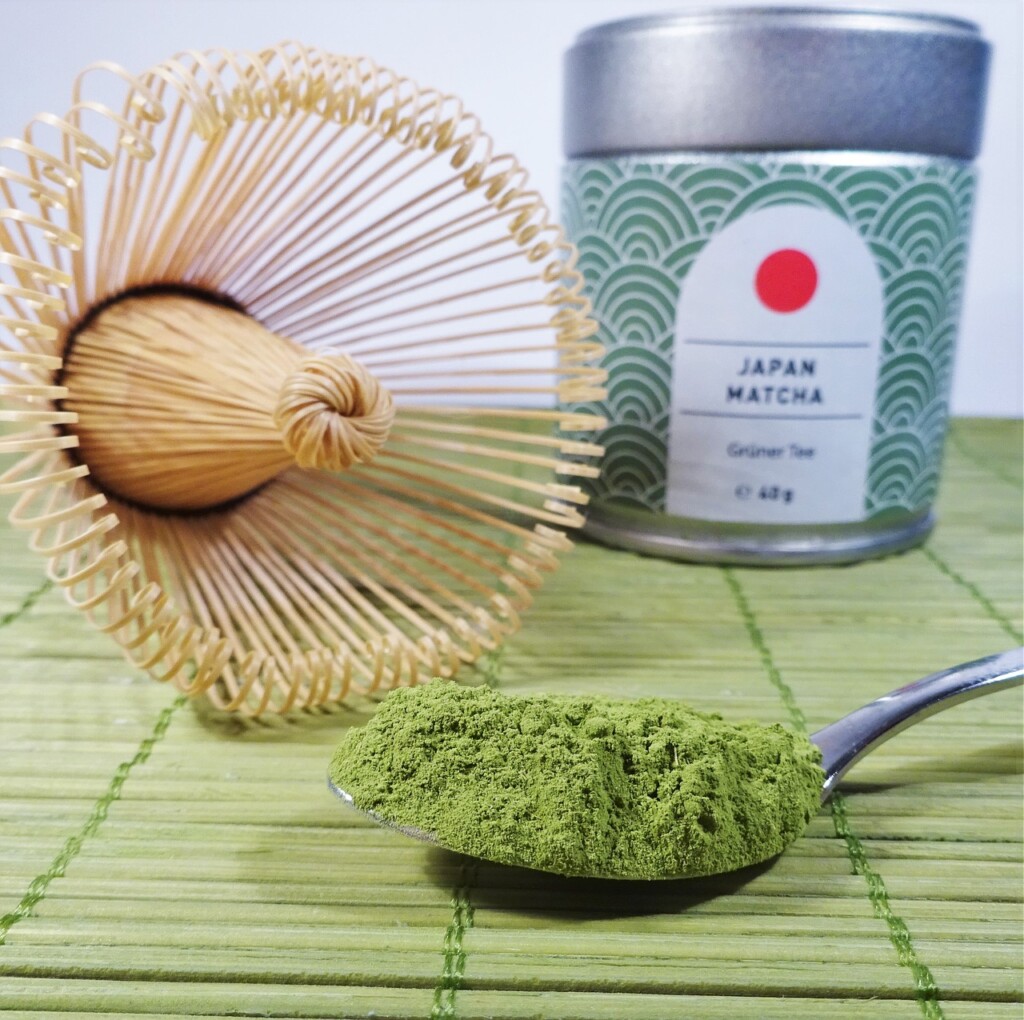The increase in demand for organic products, such as powdered spirulina, maca, or goji berries, reflects consumers’ concern for healthier and more natural food choices. In the case of spirulina, it also relates to new industrial applications, such as those in the aquaculture and cosmetic sectors.Powdered or tablet form is the most common way to import this spiral-shaped blue-green algae. Recently, the World Health Organization (WHO) classified it as a superfood due to its high content of proteins, vitamins, and minerals, leading to increased consumption and imports.The production of organic powdered spirulina in Spain is very limited, making direct importation from Asian suppliers the best option for the food, aquaculture, cosmetic, and pharmaceutical sectors.Meanwhile, the European Commission regards powdered spirulina as “Novel Food,” a term used for foods with no significant history of consumption. Novel Foods are regulated by Regulation 258/97 and must meet quality standards to be imported and marketed.
Organic Spirulina Powder and New Market Niches
Imports of spirulina powder have a significant market niche in the food sector, both for animal and human consumption. Currently, much of the protein in animal feed comes from fishmeal. However, high prices and supply difficulties have shifted attention to organic or conventional powdered spirulina as a better alternative to fishmeal, the only animal-derived feed allowed in the European Union.Its multiple properties have attracted researchers’ attention in recent years, not only as a protein source but also for obtaining pigments and other high-value products aimed at the nutraceutical, cosmetic, and pharmaceutical sectors. Additionally, potential applications in the energy sector are being studied as a raw material for sustainable biofuel production.
Production and Import of Organic Spirulina
Spirulina powder has a high protein content (between 60 and 70% of its dry weight) and gamma-linolenic acid (GLA), a special lipid. It also contains antioxidants (phycocyanin, chlorophyll A, mixed xanthophylls, and zeaxanthin, among others), vitamins, provitamins, and minerals. Its high digestibility (approximately 84%) is due to the absence of cellulose, avoiding preprocessing treatments required for other products like organic soybean meal. For these reasons, it is ideal for aquaculture production.When its benefits for industry began to be discussed, spirulina production in China doubled in just one year (between 2003 and 2004), according to the Food and Agriculture Organization (FAO) report on Fisheries Statistics. Since then, imports of organic powdered spirulina have continued to grow. Currently, millions of people worldwide use this algae as a dietary supplement, following recommendations from the World Health Organization (WHO). Additionally, the United Nations (UN) recommends its use in situations of acute and chronic malnutrition in humanitarian emergencies.Industrial production of spirulina occurs in open ponds, but the need for efficient cultivation systems has led to the design of new closed growth systems (photobioreactors). The dried product is transformed into flakes, tablets, or powder, depending on the raw material’s intended use. Powdered form is common for juices, salads, purees, yogurt, or baking, although it is mostly consumed in pressed powder form as tablets.It’s worth noting that organic product imports in Spain have tripled in recent years, according to the organic market report published by the Ministry of Agriculture, Fisheries, Food, and Environment (MAPAMA). Our main suppliers are located in the European Union, South America, Tunisia, and India.At Bull Importer, we work with certified suppliers of organic powdered spirulina. The imported product undergoes a quality control process and compliance with necessary standards for commercialization, as outlined in Regulation (EC) No 834/2007.




